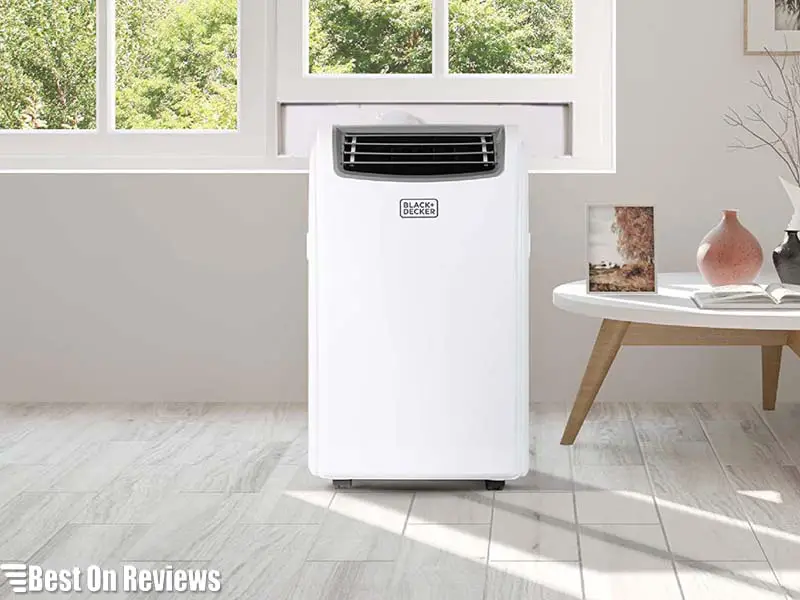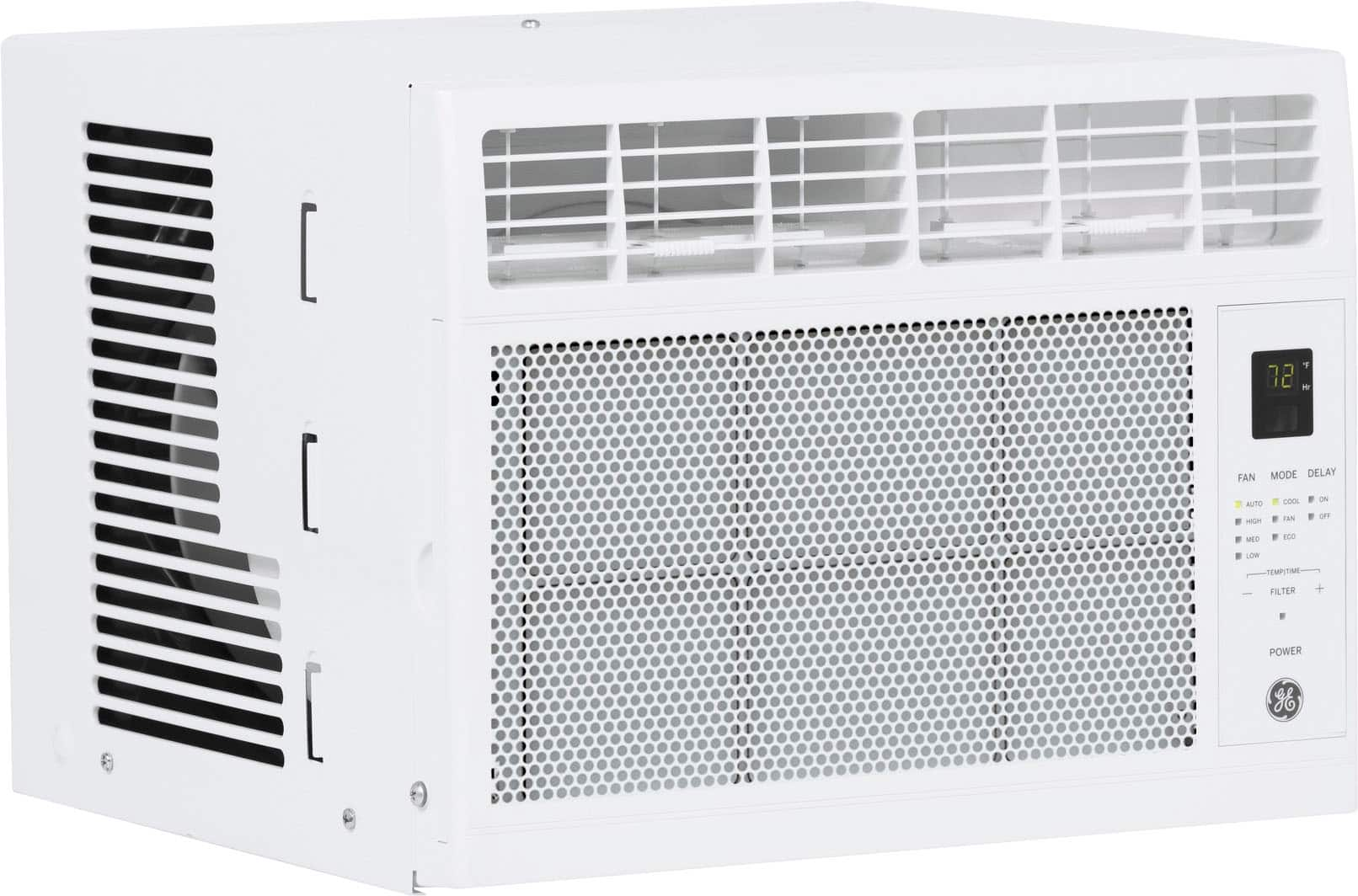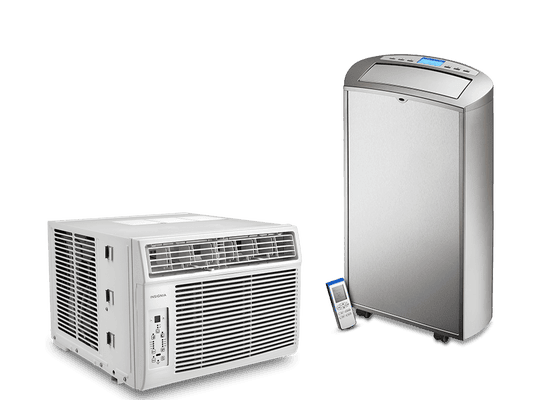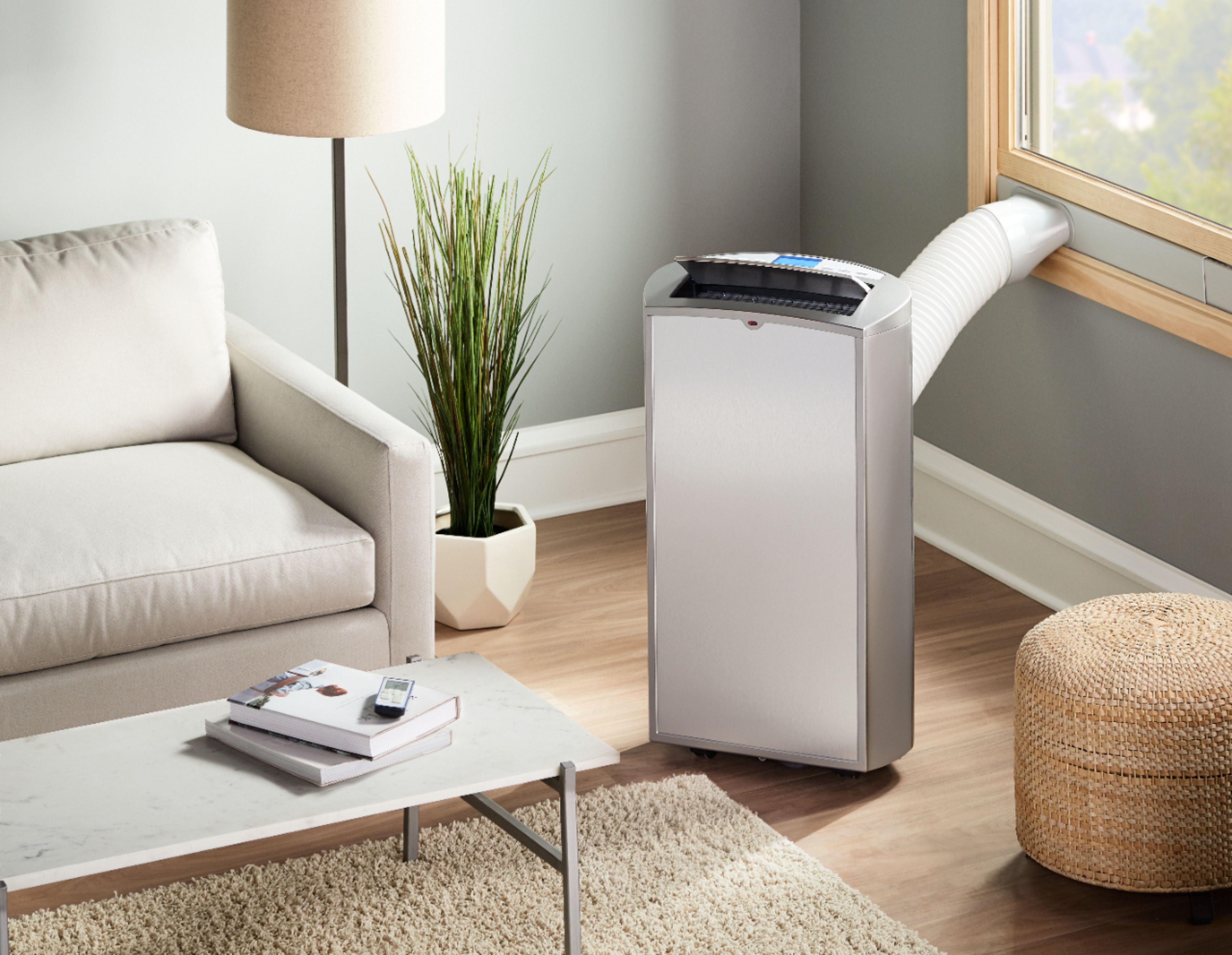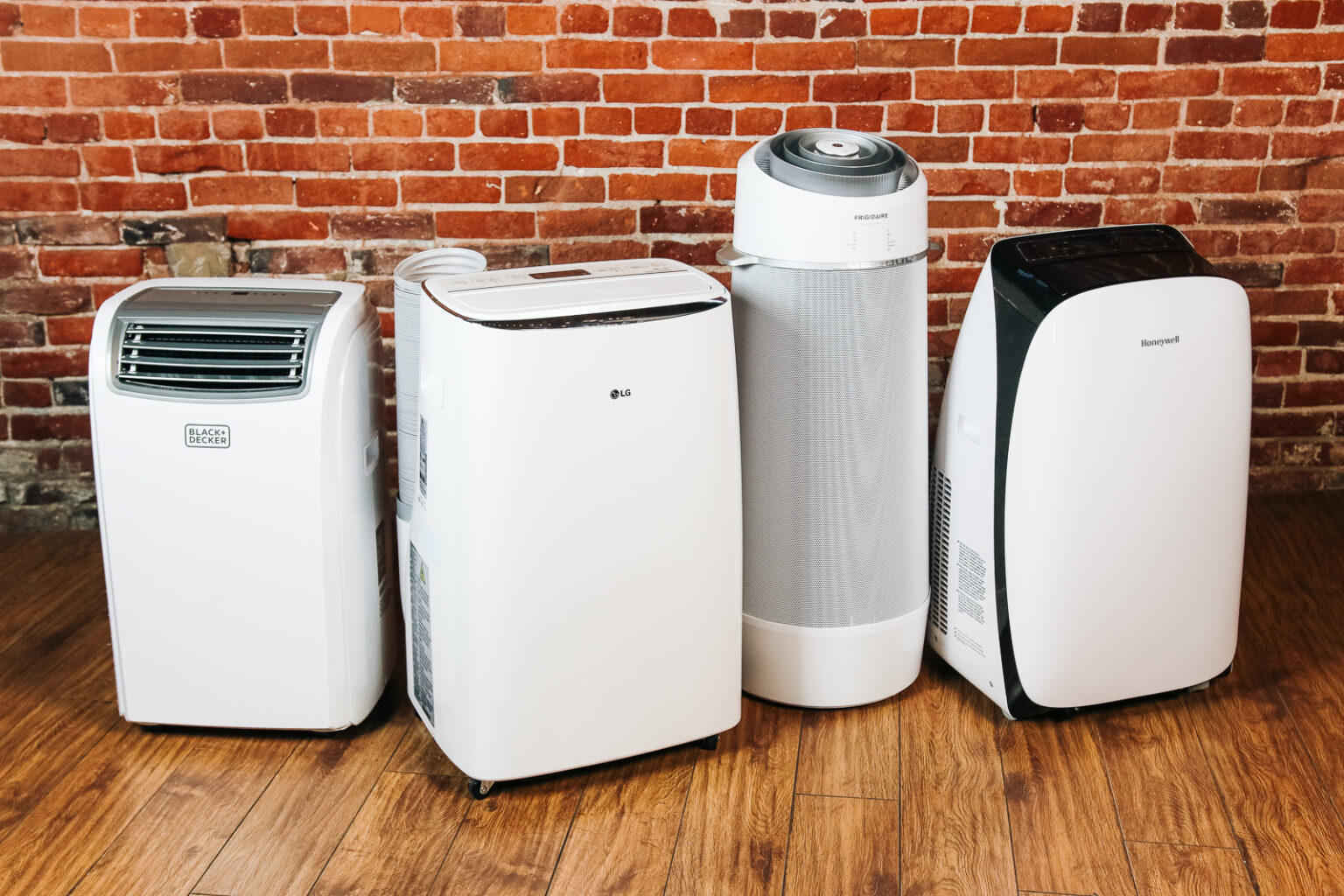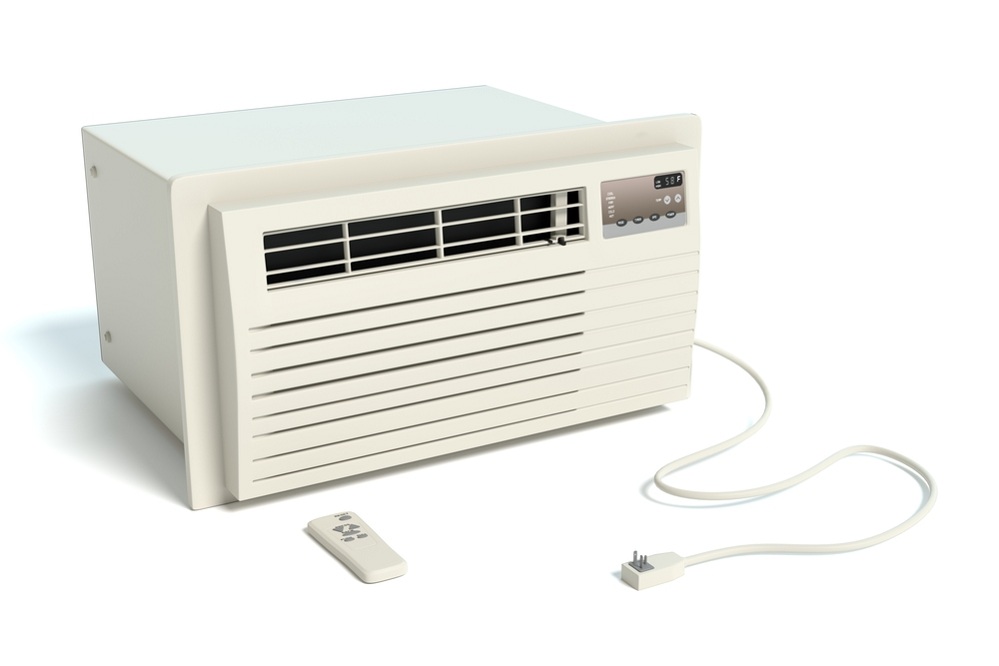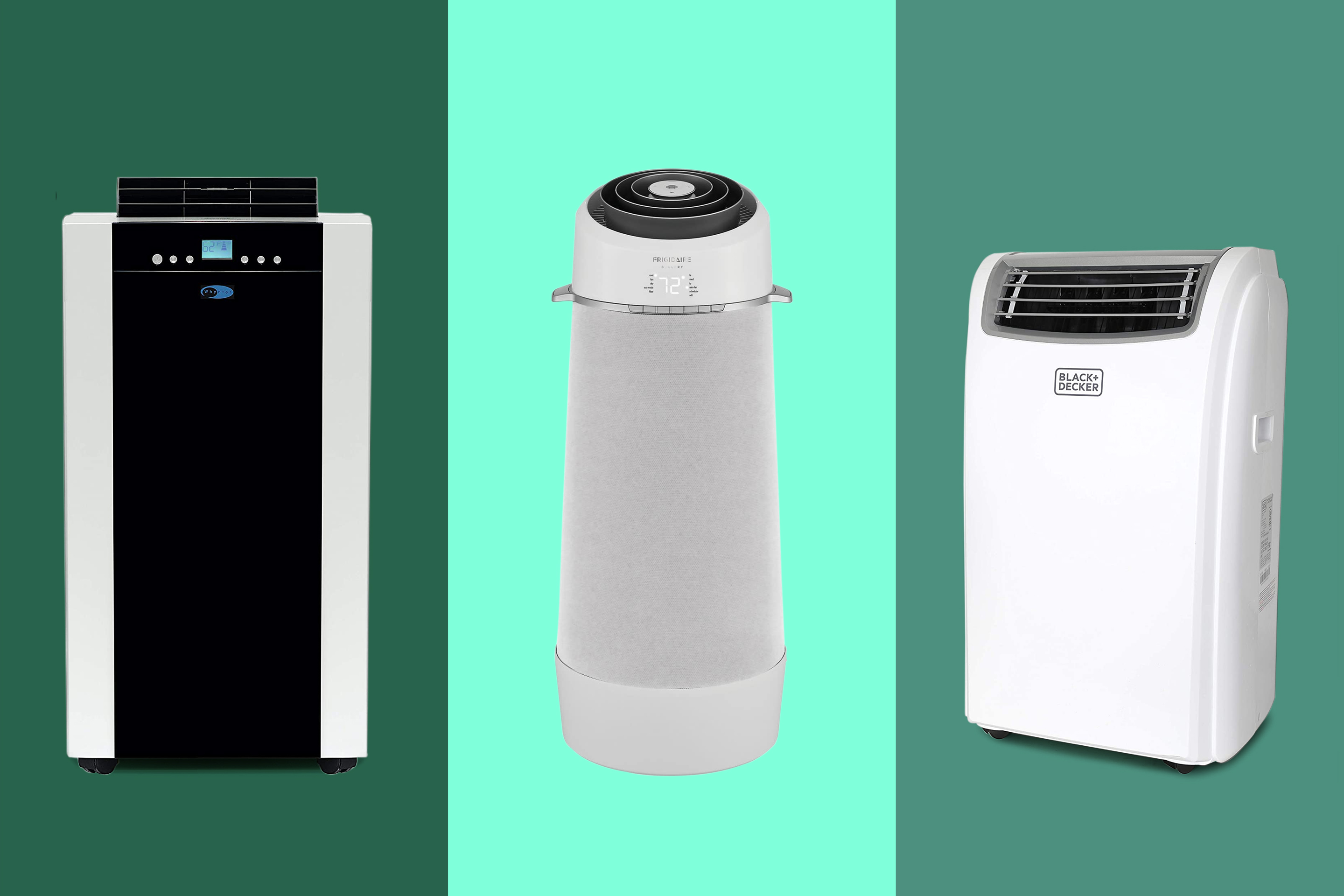Cheapest Place To Buy An Air Conditioner

Finding the Cheapest Place To Buy An Air Conditioner: A Comprehensive Guide
Purchasing a new air conditioner is a significant investment, whether you're a homeowner looking to upgrade, a real estate investor evaluating property systems, or a contractor advising clients. Finding the *cheapest place to buy an air conditioner* involves more than just comparing initial prices. It requires a careful evaluation of brands, models, energy efficiency, warranty coverage, and installation costs. This guide provides a detailed overview to help you navigate the process and make an informed decision.
Understanding Your Cooling Needs
Before you begin your search, it's crucial to understand your specific cooling requirements. Consider the following factors:
* Square Footage: The size of the area you need to cool directly impacts the required BTU (British Thermal Units) rating of the air conditioner. * Climate: Hotter climates require higher SEER (Seasonal Energy Efficiency Ratio) ratings for optimal energy efficiency. * Insulation: Poor insulation increases the cooling load and may necessitate a more powerful unit. * Number of Windows and Doors: More windows and doors contribute to heat gain, affecting the cooling capacity needed. * Orientation of the Building: South-facing buildings receive more sunlight and require more cooling.A professional HVAC technician can perform a load calculation to accurately determine the appropriate size and type of air conditioner for your home.
Exploring Different Types of Air Conditioners
The type of air conditioner you choose will influence its price and installation complexity. Here's a breakdown of common options:
Central Air Conditioners
Pros: Efficient cooling for the entire home, integrated with existing ductwork, quiet operation.
Cons: Higher upfront cost, requires ductwork, professional installation necessary.
Central air conditioners use a split system, with an outdoor compressor/condenser unit and an indoor evaporator coil. They distribute cool air through ductwork, providing consistent temperatures throughout the house. Look for high SEER ratings for energy savings. Popular brands include Carrier, Trane, and Lennox.
Pricing: $3,000 - $7,000 (unit only, excluding installation)
Ductless Mini-Split Systems
Pros: Zone cooling, energy-efficient, easy installation (compared to central air), no ductwork required.
Cons: Higher upfront cost than window units, visible indoor units, may require multiple units for whole-house cooling.
Ductless mini-split systems consist of an outdoor compressor connected to one or more indoor air handlers. They offer individual zone control, allowing you to cool only the rooms you're using. HSPF (Heating Seasonal Performance Factor) is a key metric if the system also provides heating. Brands like Mitsubishi Electric and Daikin are known for their quality.
Pricing: $1,500 - $4,000 per indoor unit (including outdoor unit cost, excluding installation)
Window Air Conditioners
Pros: Lowest upfront cost, easy to install and remove, portable.
Cons: Noisy, cools only one room, less energy-efficient than other options, can obstruct views.
Window air conditioners are self-contained units that fit into a window opening. They are a budget-friendly solution for cooling small spaces. Look for Energy Star certified models for better efficiency. Brands like LG and Frigidaire offer a wide range of window units.
Pricing: $150 - $500
Portable Air Conditioners
Pros: No permanent installation required, can be moved from room to room, relatively affordable.
Cons: Less efficient than window units, require venting to the outside, can be bulky and noisy.
Portable air conditioners are self-contained units that can be moved from room to room. They require a vent hose to exhaust hot air outside, typically through a window. While convenient, they are generally less energy-efficient than window units. Brands like Honeywell and Whynter are popular choices.
Pricing: $300 - $800
Where to Buy: Comparing Retailers and Suppliers
Finding the *cheapest place to buy an air conditioner* requires comparing prices from various sources:
Big Box Retailers (Home Depot, Lowe's)
Pros: Wide selection, competitive pricing, financing options, installation services available.
Cons: Limited product expertise, may rely on subcontractors for installation.
Big box retailers offer a convenient way to purchase air conditioners, often with promotional pricing and financing options. However, it's important to research the specific models and brands you're interested in before making a purchase. Check online reviews and compare prices across different retailers. Be sure to carefully vet their installation services; quality can vary.
Online Retailers (Amazon, AC Wholesalers)
Pros: Competitive pricing, wide selection, convenient shopping experience.
Cons: May require professional installation, shipping costs can be significant, returns can be complicated.
Online retailers can offer significant savings, especially for window and portable air conditioners. However, for central and ductless systems, you'll need to arrange for professional installation. Read customer reviews carefully and compare prices across different websites. Always check the retailer's return policy before making a purchase.
HVAC Distributors
Pros: Expert advice, wide selection of brands and models, often offer better pricing for contractors.
Cons: May not be open to the general public, require professional installation, limited financing options.
HVAC distributors are specialized suppliers that sell directly to contractors and, sometimes, homeowners. They offer a wide range of brands and models, and their staff typically have extensive product knowledge. If you're a contractor or working with one, HVAC distributors can be a great source for finding the *cheapest place to buy an air conditioner*.
Local HVAC Contractors
Pros: Comprehensive service, including installation and maintenance, expert advice, familiarity with local climate conditions.
Cons: May be more expensive than buying from big box retailers, limited selection.
Working with a local HVAC contractor offers the convenience of a complete solution, including system design, installation, and ongoing maintenance. They can help you choose the right air conditioner for your needs and ensure proper installation. While their prices may be higher than big box retailers, the added value of expert service can be worth the investment.
Factors Influencing the Price of an Air Conditioner
Several factors affect the final cost of an air conditioner:
* Brand: Established brands like *Carrier*, *Trane*, and *Lennox* typically command higher prices due to their reputation for quality and reliability. * SEER Rating: Higher SEER ratings indicate greater energy efficiency, but also come with a higher upfront cost. * BTU Rating: Higher BTU ratings provide more cooling power, but also increase the price. * Features: Advanced features like smart thermostats, variable-speed compressors, and air purification systems add to the cost. * Installation Costs: Installation costs can vary significantly depending on the complexity of the job and the location of the unit. * Warranty: Longer warranties provide peace of mind but may also increase the price.Negotiating the Best Price
Don't be afraid to negotiate! Here are some tips for getting the best possible price:
* Get Multiple Quotes: Obtain quotes from at least three different sources to compare prices and negotiate. * Shop Around: Check prices at different retailers, online and offline. * Ask About Discounts: Inquire about seasonal promotions, rebates, and financing options. * Bundle Services: Consider bundling the purchase with installation and maintenance services for potential discounts. * Be Willing to Walk Away: If you're not satisfied with the price, be prepared to walk away. The seller may be willing to offer a better deal to secure your business.Warranty and Maintenance
Understanding the warranty and maintenance requirements of your air conditioner is essential for protecting your investment.
* Warranty Coverage: Read the warranty terms and conditions carefully to understand what is covered and for how long. Pay attention to any exclusions or limitations. * Regular Maintenance: Schedule regular maintenance with a qualified HVAC technician to ensure optimal performance and extend the lifespan of your air conditioner. This typically includes cleaning coils, checking refrigerant levels, and inspecting electrical connections. * Air Filter Replacement: Replace air filters regularly (typically every 1-3 months) to maintain airflow and improve air quality.Conclusion
Finding the *cheapest place to buy an air conditioner* requires careful research, price comparison, and consideration of your specific needs. By understanding the different types of air conditioners, exploring various retailers and suppliers, and negotiating effectively, you can secure the best possible deal. Remember to factor in energy efficiency, warranty coverage, and installation costs to make a well-informed decision. Consulting with a qualified HVAC technician can provide valuable guidance and ensure that you choose the right air conditioner for your home.
